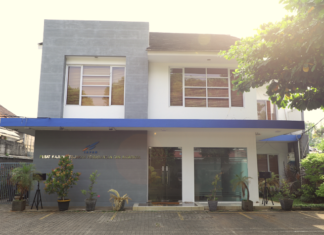Singapore-based SpaceChain Foundation, a non-profit organization building the world’s first open-source blockchain-based satellite network, has announced the successful launch and good health of its second-generation blockchain node.
The launch took place on October 25, 2018, from China’s Taiyuan Satellite Launch Centre, using the Long March 4B launch vehicle. The main payload for the launch was the 1.5 ton Haiyang-2B marine satellite meant for monitoring the ocean environment.
SpaceChain’s payload was a small satellite carrying SpaceChain OS, a smart operating system that performs blockchain-related functions on the Qtum blockchain network. The launch is aimed at testing the in-orbit functionality of the hardware and software, including the technical validation of blockchain-based encrypted data transmission in space. So far, SpaceChain has begun testing the full in-orbit operational capabilities of the satellite.
SpaceChain’s second spacecraft launch was facilitated by Tibet Zezheng Information Technology Co. Ltd. and Beijing Xihua Science and Technology Co. Ltd. Earlier this year, on February 3, the organization launched its first Qtum blockchain spacecraft, developed by Beijing Commsat, aboard China’s Long March 2D.
SpaceChain aims to use blockchain technologies in space in order to make space projects more accessible to the general public. Through the SpaceChain OS system, each satellite can host multiple applications secured by a blockchain-supported sandbox.







